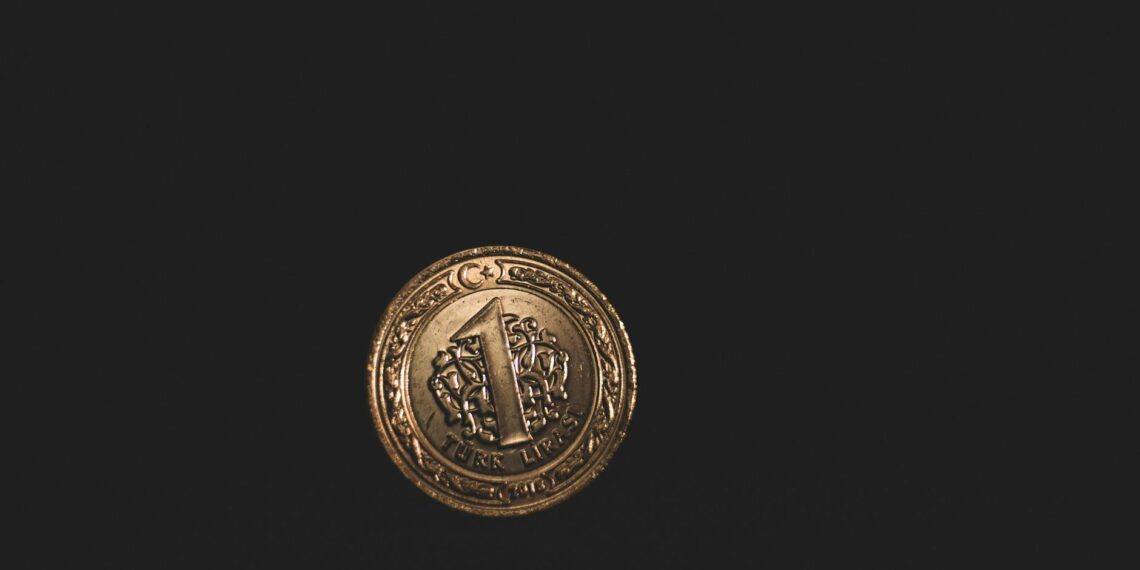PCI (Professional Coin Institute) is a coin grading company that has been in operation for many years, but under different ownerships. Over time, the accuracy of PCI’s grading has fluctuated significantly.
- Mixed Opinions: Some consider PCI a legitimate, though lower-tier, grading company. Others view their grading as unreliable and even misleading.
- Overgrading Concerns: A recurring concern is PCI’s tendency to overgrade coins, assigning grades that are higher than warranted, [according to a YouTube video] . This can result in inflated values and disappointment for buyers who later have their coins re-evaluated by more recognized services like PCGS.
- Problematic Coins: It’s important to be aware that coins graded by PCI may have undisclosed problems like cleaning or damage, even if they’re labeled as problem-free.
- eBay Policy: PCI graded coins are not allowed to be listed on eBay with the grade in the description because they are considered misleading, [notes a YouTube video].
- Varying Standards: PCI’s grading standards have changed with each change of ownership.
- Early Holders: Some believe that coins in PCI’s older holders, particularly those with green borders and 10 or 14 digit serial numbers, might have been graded more accurately or even conservatively under the original ownership. However, even these older holders are not guaranteed to be accurately graded.
- Later Holders: Coins in later holders, such as those with gold borders or 9-digit green slabs, are generally considered to be overgraded.
- Buy the Coin, Not the Slab: When considering a PCI graded coin, it’s crucial to evaluate the coin itself and not rely solely on the grade printed on the holder.
- Self-Education: Developing your own coin grading skills is highly recommended, especially when dealing with coins graded by PCI.
- Consider Resubmission: If you are serious about a PCI graded coin and plan to keep it long-term, it may be advisable to have it re-graded by a top-tier service like PCGS or NGC.
- Lowball Sets and Novelty: Some collectors might be interested in PCI graded coins for “lowball sets” or as conversation pieces, but it’s important to understand that their value is often more in the novelty than the actual collector value.
In conclusion, PCI coin grading has a mixed reputation, with concerns about overgrading and inconsistent standards over time. While some older PCI graded coins might be accurately graded, it’s generally best to exercise caution and prioritize your own grading skills when considering these coins.









How much does it cost to get a coin graded by PCS?
From my experience, The PCGS grading cost for a standard U.S. coin is generally between $22 and $150 (depends on the coin’s value and the service level).
What is PCI coin?
As overgraded and overpriced. And even they were selling cleaned coins. And counterfeit coins. And as you can see here a plethora of toned coins well I have three.
What is the most reputable coin grading service?
Thanks for asking. Since 1986, PCGS has been the industry standard for the authentication and grading of rare coins. Coin grading and authentication emerged as a solution to rampant counterfeiting and coin doctoring in the collectible coin industry.
Are MS70 coins worth it?
The implications of a coin being graded MS70 are profound. Not only does it command a higher market value, but it also holds immense desirability among collectors. Owning an MS70 coin is a testament to the highest standards of minting and preservation, making it a prized possession for any serious collector.